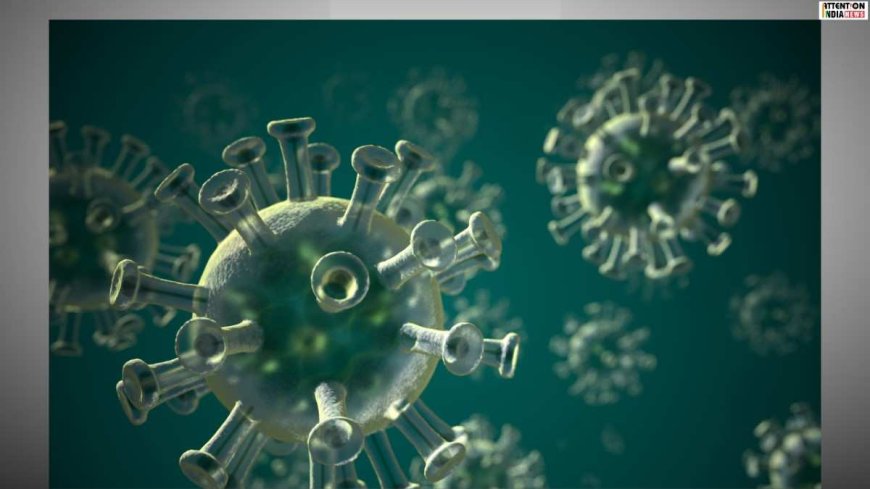Active COVID 19 cases crosses the 4,000 mark; 4 deaths recorded
India's active Covid-19 cases have risen to 4026, with five deaths reported across states in the last 24 hours.

New Delhi (India) June 3: According to data released by the Ministry of Health and Family Welfare on Tuesday, India has 4,026 active Covid-19 cases, increasing 512 from the previous day.
Gujarat saw the highest single-day increase, with 59 new coronavirus cases bringing the state total to 397. Kerala continued to lead the list of states with the most number of active Covid cases.
Kerala has the most active cases with 1,416 cases, followed by Maharashtra with 494 cases, Gujarat with 397 cases, Delhi with 393 cases, West Bengal with 372 cases and Karnataka with 311 cases.
There were four deaths reported in Delhi, two in Maharashtra, and one in Kerala, Tamil Nadu, and West Bengal.
A man aged 80 died in Kerala from acute pneumonia. The victims in Maharashtra were a 70-year-old woman with diabetes and a 73-year-old woman with diabetes and hypertension. In Tamil Nadu, a 69-year-old woman with type 2 diabetes died. In West Bengal, a 43-year-old lady with acute coronary syndrome and kidney injury died.
The Delhi High Court highlighted that the "next Covid-19 pandemic is far from over" and ordered the central government to produce a comprehensive status report detailing its actions regarding the policy for sample collection, collection centres, and sample transportation. The court stressed on the need to complete and put Standard Operating Procedures into effect.
Judge Girish Kathpalia stated that although it was relieving that the required procedures and actions will be followed, the relevant authorities need to record them.
The new Omicron sub-variants—LF.7, XFG, JN.1, and NB.1.8.1 are found in several regions of western and southern India. These are categorised by the World Health Organisation as "Variants Under Monitoring," suggesting that they do not represent a serious worldwide danger as of now.
Even with the recent increase of Covid-19 cases, health officials say that the overall situation is manageable.The majority of infections are minor and can be treated at home.
Officials from the Indian Council of Medical Research (ICMR) and the Health Ministry have informed the public that there is no reason to fear, but they have also encouraged sustained caution.
Dr Rajiv Behl, Director General of ICMR said, “We are closely tracking developments. At this stage, there is no reason for concern, but monitoring and caution are essential.”
Aadrika Tayal

 Aadrika Tayal
Aadrika Tayal 





